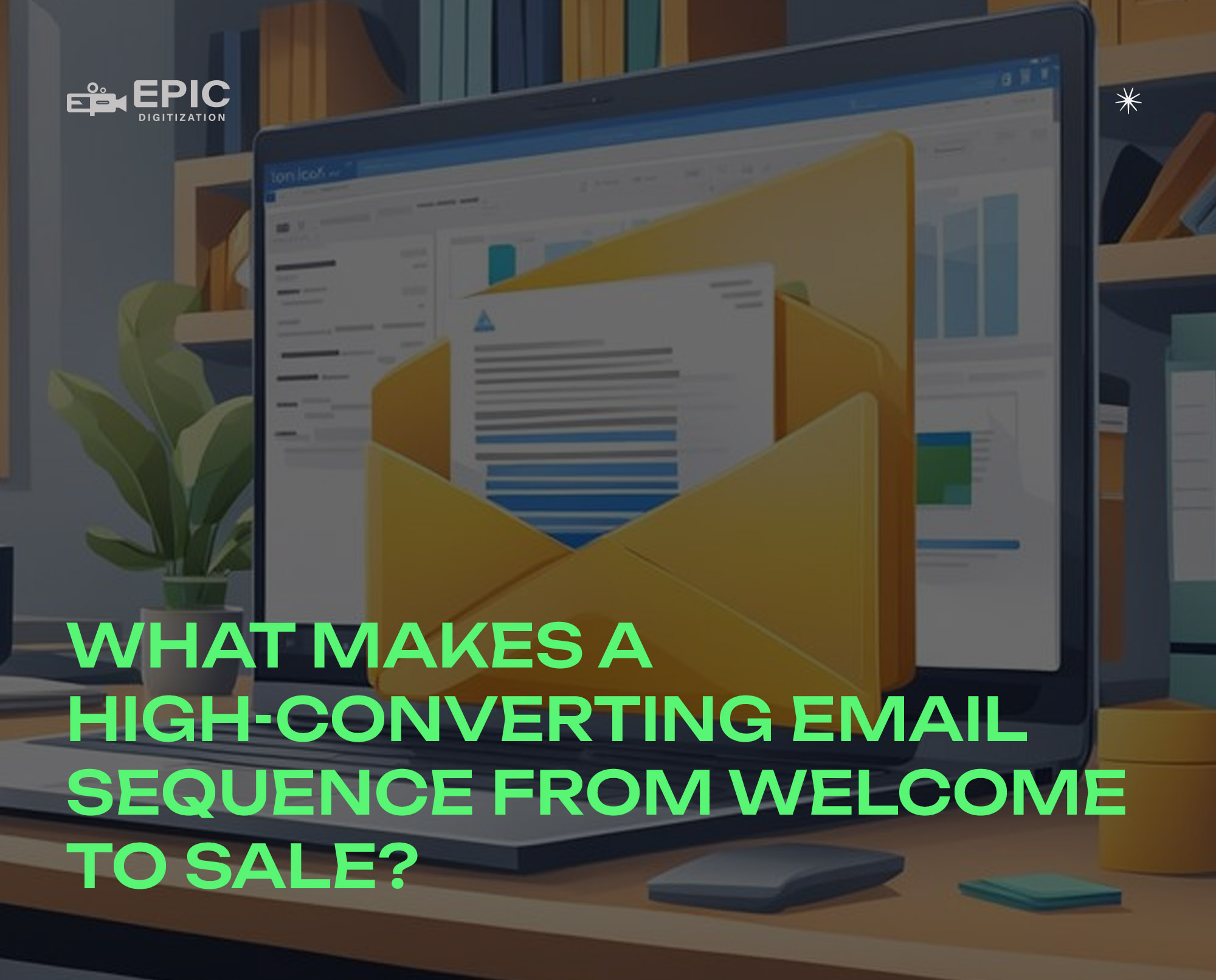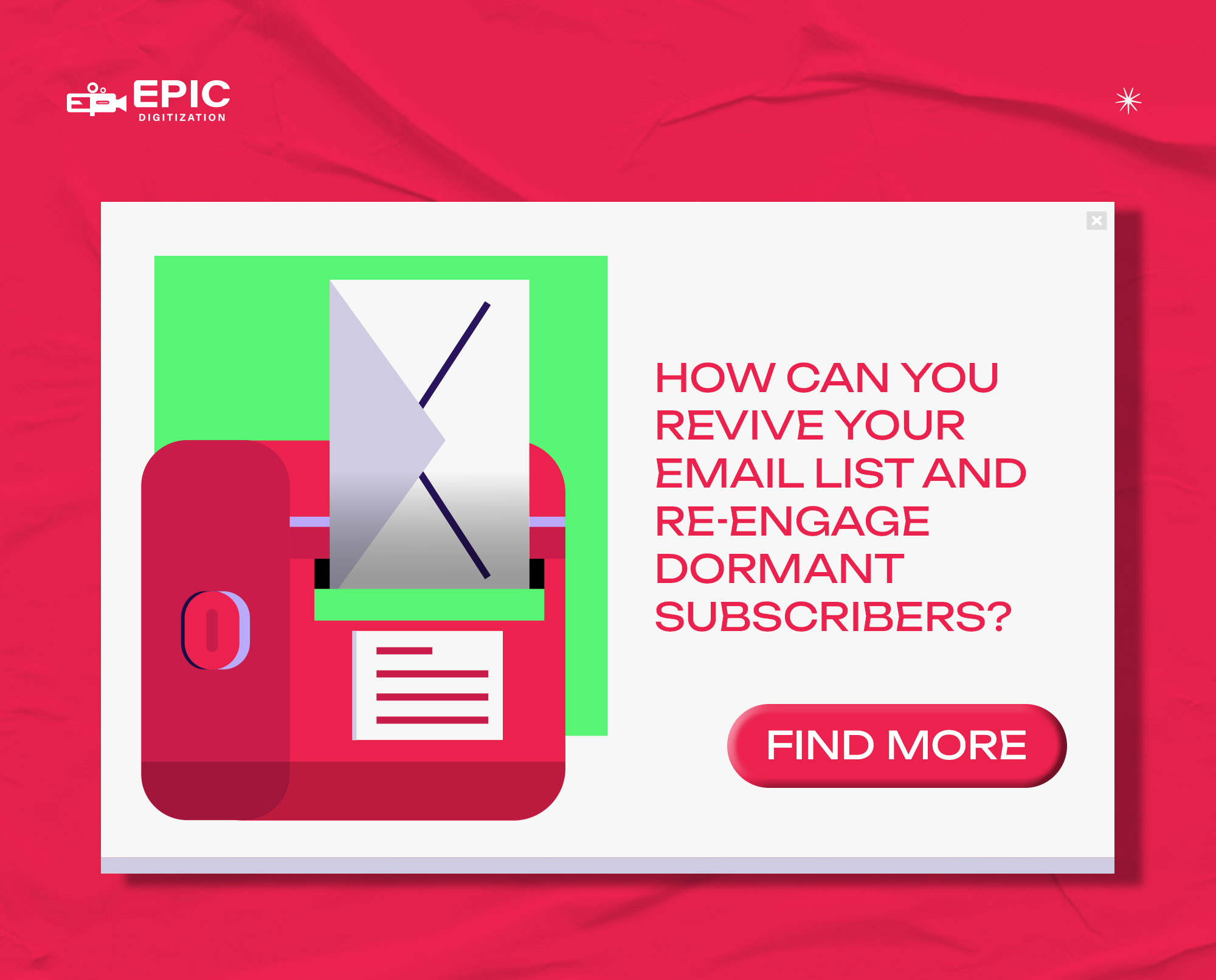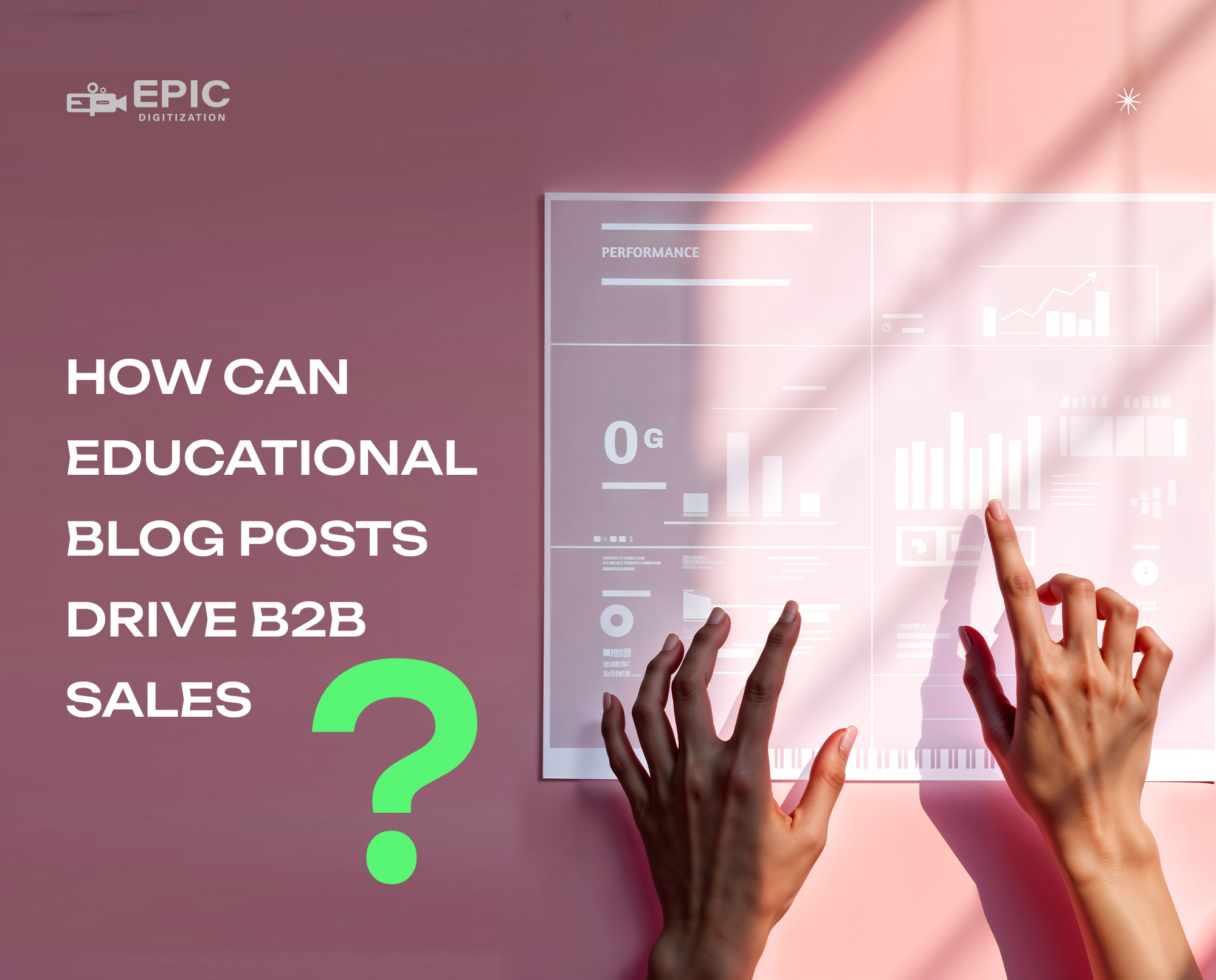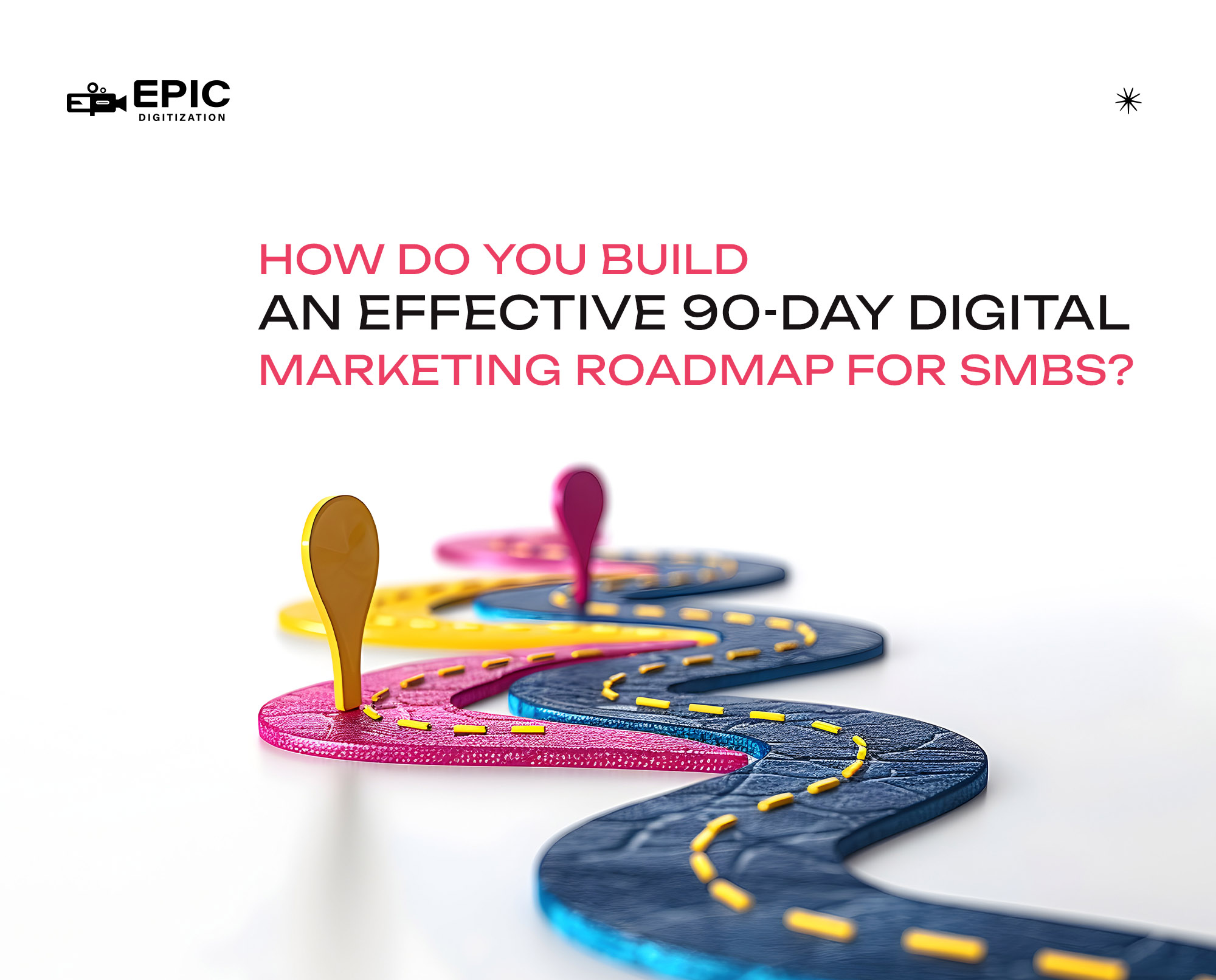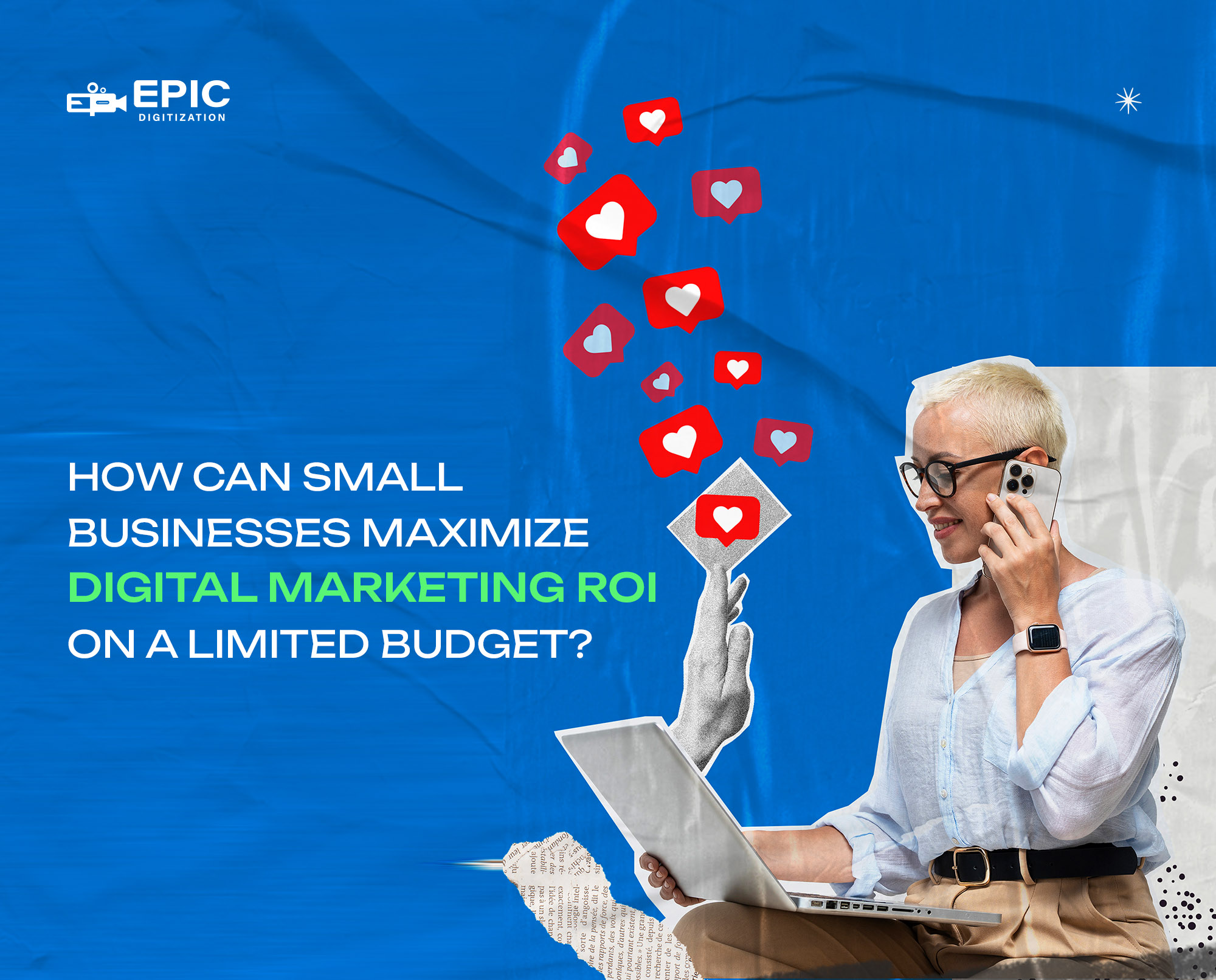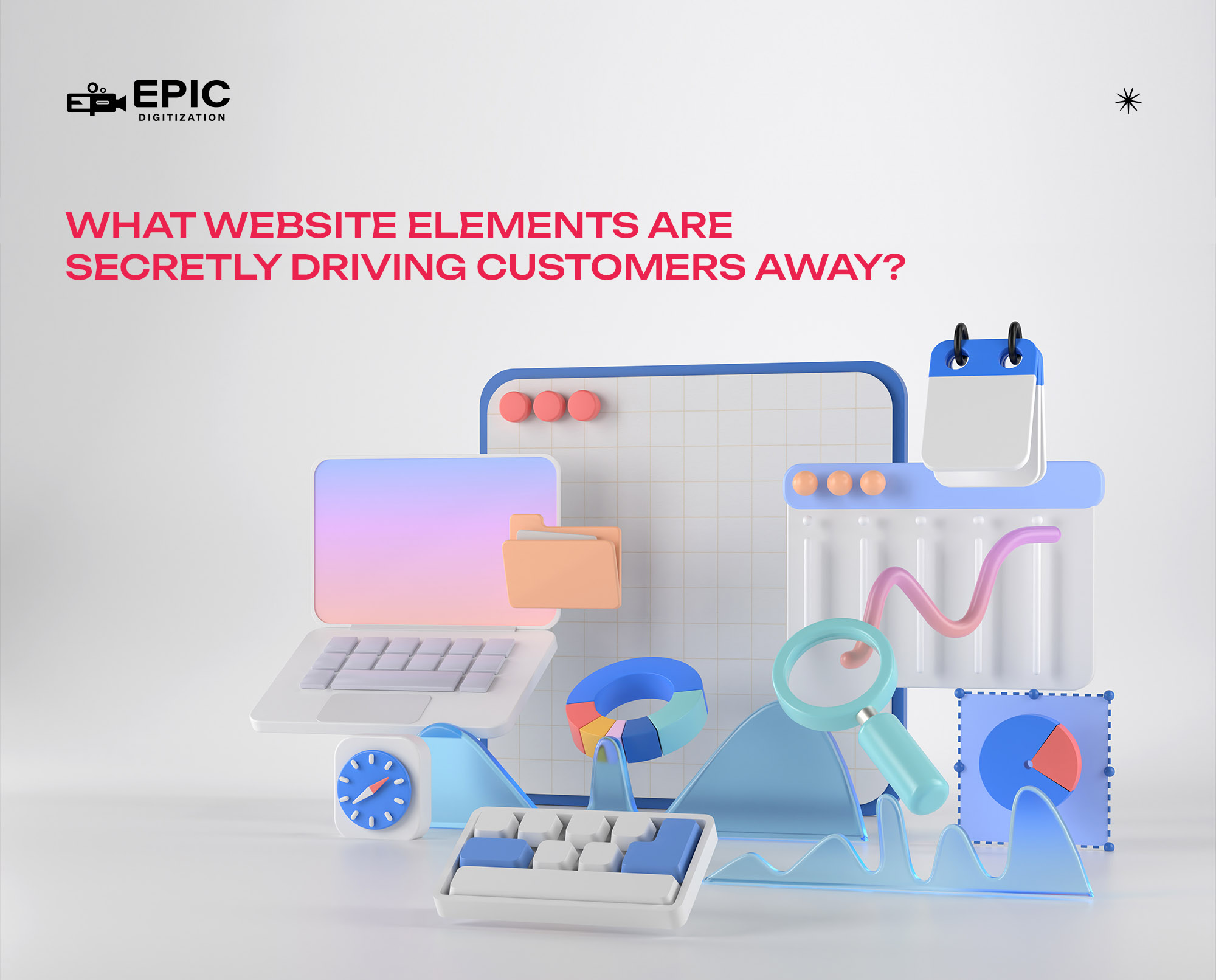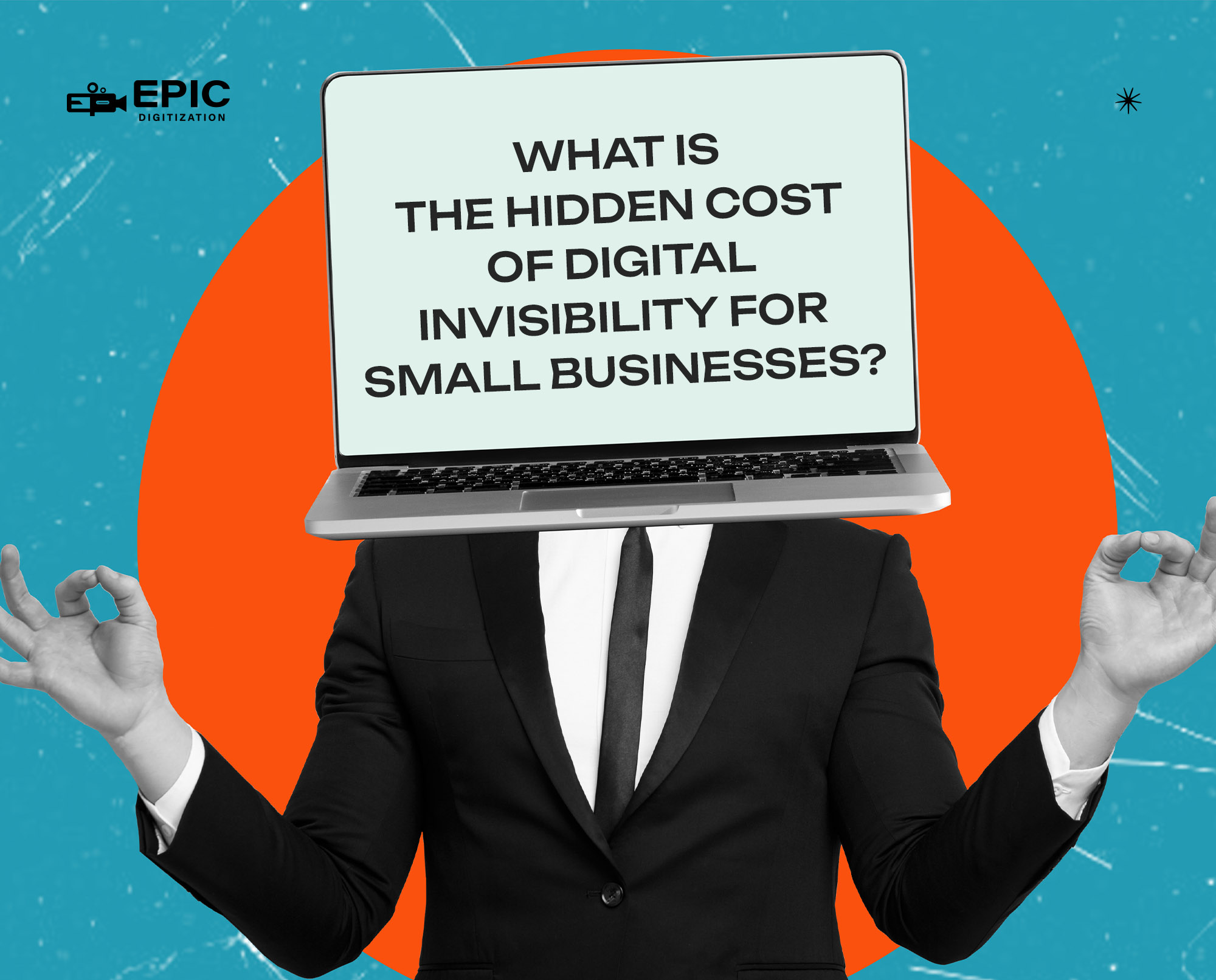How Can Small Businesses Maximize Digital Marketing ROI on a Limited Budget?
Small businesses can maximize digital marketing ROI on a limited budget by strategically prioritizing high-return channels: email marketing (average $36 return for every $1 spent), SEO (creates sustainable traffic without ongoing ad spend), content marketing (builds long-term assets), focused social […]
What Website Elements Are Secretly Driving Customers Away?
💡 Five Website Elements That Drive Customers Away 🐢 Slow Loading Speeds: 53% of mobile users abandon sites that take longer than 3 seconds to load. 📵 Mobile Unfriendliness: 57% of users won’t recommend a business with a poorly designed […]
What Is the Hidden Cost of Digital Invisibility for Small Businesses?
Digital invisibility costs small businesses in multiple ways: lost revenue opportunities (93% of consumers use the internet to find local businesses), damaged brand perception (75% of consumers judge credibility based on website design), and a compounding competitive disadvantage as competitors […]
Ethics and Oversight: Safeguarding Luxury Brands in a Digital Age
The High-Stakes Digital Landscape for Luxury Brands The digital era offers luxury brands unprecedented opportunities to connect with global audiences through immersive experiences, influencer collaborations, and cutting-edge technologies. However, these advancements come with significant risks that can tarnish a brand’s […]

